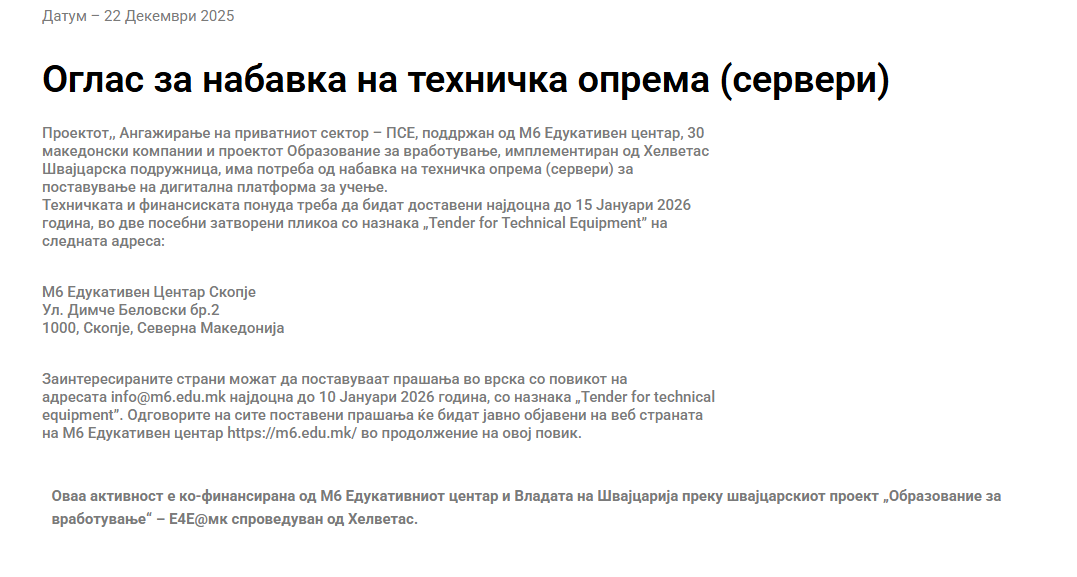In a world submerged in advertising, where consumers are exposed to immense number of visuals and messages, effective marketing has become more important than ever. Traditional methods of influencing consumers’ decision-making process are not as effective anymore and deeper insight into their unconscious behavior are needed. This fact has brought into play the merge of psychology and marketing, a field called neuromarketing. Neuromarketing provides better insight into the “why” of a consumer’s motivation to choose one product over another, Neuromarketing employs a wide range of techniques and technology to better understand human behavior.
Neuromarketing involves within its approach a variety of techniques to inform researchers of the reasons why consumers behave in the ways in which they do. The technology which is implemented is generally separated in two different groups, those being: ones that measure neurological brain activity and ones that infer neurological response. The ones that measure neurological activity involve the use of EEG, FMRI, and SST. While the latter includes eye tracking, facial coding, and heart rate monitoring. Certain examples of Neuromarketing include Eye tracking and eye gaze, Effective packaging, Color psychology, Ad efficiency, Decision fatigue, evaluating satisfaction, Loss aversion, Anchoring, Speed and efficiency, and Hidden responses. In theory, by studying human emotions and behavioral patterns, companies will have an advantage over knowing what consumers want, giving them a gaze into the subconscious activity of human behavior.
According to the theory by Daniel Kahneman, “We have two brains”, the rational and the primal, unconscious brain. The former only influences our decisions while the unconscious drives human attention, trust, memorization, and intuition. The primal brain is the one responsible for making decisions, the rational brain only makes us aware of our decisions. One can say that consciousness is the weapon of the unconscious, used as a channel through which unconscious activity is communicated, an observer that makes us aware of the dark abyss that is the unconscious.
Neuromarketing within the world of marketing is a response to understanding the unconscious of the consumers, what decisions are being made, and how they are being made, making the researcher aware of the decisions a person makes, before the person is aware themselves. A revolutionary approach to understanding human behavior, mixing behavioral, cognitive psychology, neuroscience, and marketing, to give understanding into the “why”, of human behavior.

































